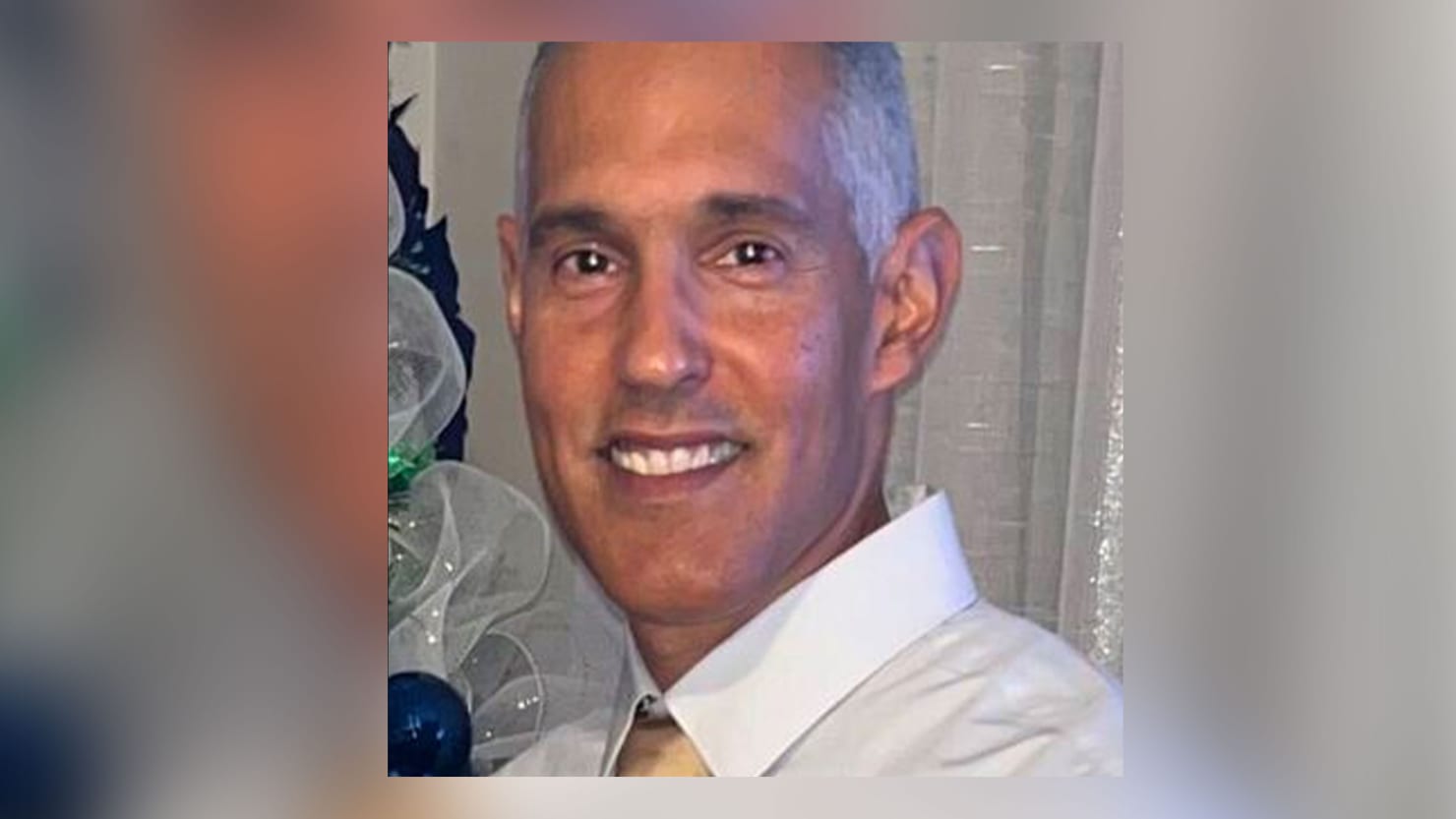After nearly 15 years of litigation, the Suffolk County Superior Court on Thursday awarded more than 600 Black and Latinx police officers a total of $40 million in compensation, finding they were overlooked for promotion due to a discriminatory promotional exam.
A court order released Thursday from the Suffolk County Superior Court found the state’s human resources division “had an unlawful disparate impact upon Black and Latinx candidates in the police sergeant promotional examinations” and “interfered with class members’ rights to consideration for promotion.”
One of the plaintiffs, Abel Cano Jr., now 55, told The Daily Beast that despite having a master’s degree in criminal justice and an extensive background of experience, he was denied a promotion on multiple occasions.
“The attainability was obvious within those departments where you would see that we had minorities on the job, but very few that were of rank,” he said. “For me, that was something really odd.”
Cano identifies as Hispanic and has been a police officer for nearly 30 years. He previously worked on the force in Methuen, but now works for the Lawrence Police Department.
According to the court order, Black and Latino police officers from all over the state, who took promotional tests in 2005 to 2008, 2010, or 2012 were consistently passed over for job promotions and are set to receive about $60,000 each from Thursday’s ruling.
However, Cano says the years of discrimination has come at a huge price for him and hundreds of other Black and Hispanic police officers.
“We would work hard, and we would not be recognized and thank goodness that the judge was able to see through the barriers that were there,” Cano said.
“It’s hard to not feel the emotions and the frustration that you know my life would have been better, would have been a lot better had I had the opportunities,” Cano added. “I hope that through this process and through this case, other young men and women of color will have the opportunity that I never had. And that’s the ultimate goal because that’s what we started and that’s what we really wanted. I wish it would have been recognized sooner.”
Cano said the test for promotion was both trivial and taxing, consisting of 80 questions pulled from 10 books that officers are supposed to study over the course of four months. Then, the test was computerized and would not allow officers to go back and answer questions they skipped. In all, test takers were given two hours to complete the exam, roughly providing officers a minute-and-a-half, Cano said, to answer each question.
“Everything was memorization,” Cano said. “It didn’t have anything to do with Massachusetts.”
He claimed the test would use trick questions to confuse those taking the test.
“It’s very hard to remember that much volume, that much information on things that were not really [relatable] to the job,” Cano said. “It’s a very complicated test where it’s not matching up to the realistic aspects of the job.”
He said the people who scored well on the test and got promoted, however, were not personable nor fit for the role.
“They got a great score, but what was it that they did in the capacity of the job? How’s their ability to communicate? What is their characteristic like, what did they give back to the community? What are the things that they do? And their training and their experience? And those things are not really factored into the test in a wholesome way that you can really take a picture of the individual versus just answering a question.”
Black and Latino police officers first filed a lawsuit in 2009. However, it wasn’t until March 2023 that a superior court judge agreed to a settlement.
“This case has been going on for almost 15 years. Okay. It has had a lot of twists and turns. It’s been up on appeal twice,” attorney Shannon Liss-Riordan told The Daily Beast. “We are extremely pleased at this resolution for this long fought, hard fought case that went on for a very long time.”
Liss-Riordan said current and future Black and Latino police in Massachusetts would benefit from the persistence of Cano and others with the state set to change its promotional testing.
“Massachusetts is working on creating a new promotional exam in line with the principles that the case was based on,” she said. “The exam that Massachusetts has been using for many years, it’s just out of date. …We think that communities will be better served by a more diverse police force and a police force and more diverse police supervisors, as well as one to show the qualities that should be valued for the position.”



